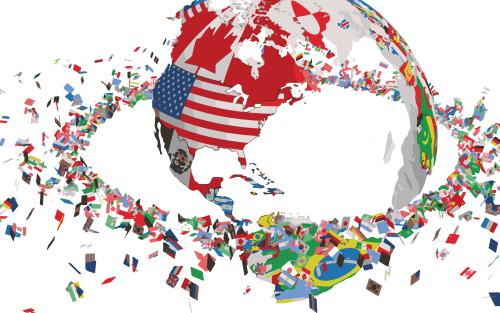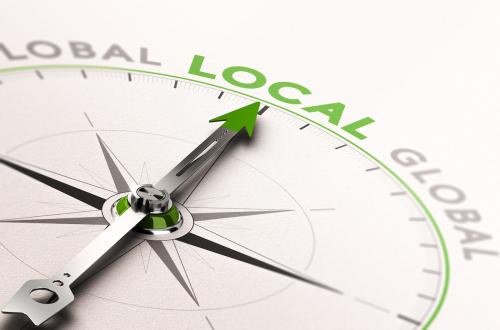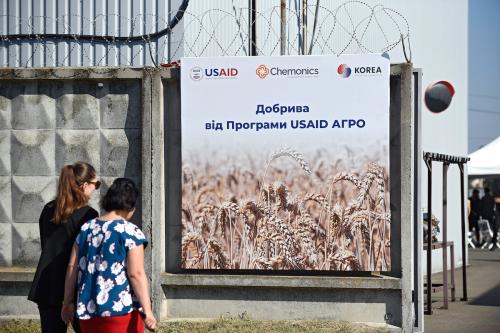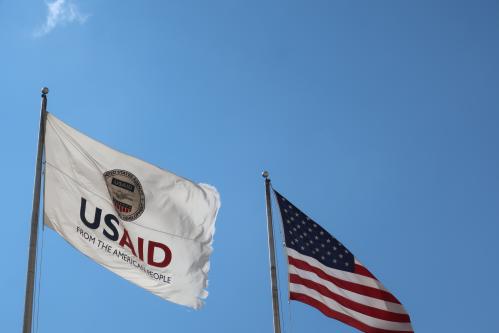The narratives, budgets, institutions, instruments, and partnerships of U.S. foreign assistance are all under scrutiny and evolving and adapting to global trends and domestic politics.
The result is an ongoing shake-up in America’s role in international development that is unlikely to settle down any time soon. Some changes are viewed very positively, like USAID’s reform, the creation of a new U.S. Development Finance Corporation and the enthusiasm among urban, state, and private sector leaders across America for advancing the Sustainable Development Goals (SDGs) and humanitarian priorities.
Other changes are subject to intense debate. The U.S. government no longer uses the frame of the SDGs in official positions, proposes sizable cuts in budget funds for foreign assistance, is not part of the global scientific consensus on climate change and the implications for development, is skeptical about the role of selected multilateral institutions, and wrestles with the tension between development assistance as an altruistic endeavor versus an effort that is fully aligned with narrowly defined U.S. economic and national security interests.
These and other pressing development challenges were discussed at the 2018 Brookings Blum Roundtable on “Invigorating U.S. Leadership in Global Development” this past August. A post-conference report summarizing the findings from that multi-day event can be found here.
Framing themes at the roundtable included:
- The evolving nature of international networks devoted to solving global development problems;
- The shifting balance between the activities of federal U.S. government agencies and a broader concept of American leadership, and;
- The choices between U.S. and Chinese ideas and approaches to development.
The first two themes build around the notion that an evolution is underway from a traditional American emphasis on statecraft toward a web craft approach in which expanding networks across the country are forming (and growing) nodes of engagement with development issues—networks of local governments, civil society organizations, citizen groups, business coalitions, and academic institutions, for example. Some of these are arising as businesses and cities signal a determination to implement the SDGs, and, more specifically, as subnational coalitions of concerned people advance action to protect the economy and the next generation from the damaging effects of unchecked climate change.
The third roundtable theme focused on the nature of the choice between the U.S. and Chinese approaches to development cooperation, as the Middle Kingdom has become an assertive actor in the developing world, with an eye on the long game. Add to this the current tensions over trade and distrust over China’s use of technology and artificial intelligence to undercut America’s competitiveness, and the result is a potential for a new “great power competition” in the development arena.
The roundtable report identifies legislative areas where these themes become operationalized.





Commentary
Advancing US foreign assistance in uncertain times
December 17, 2018